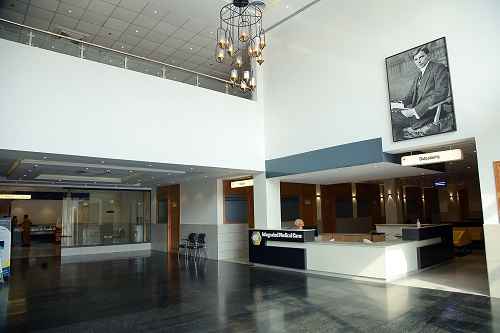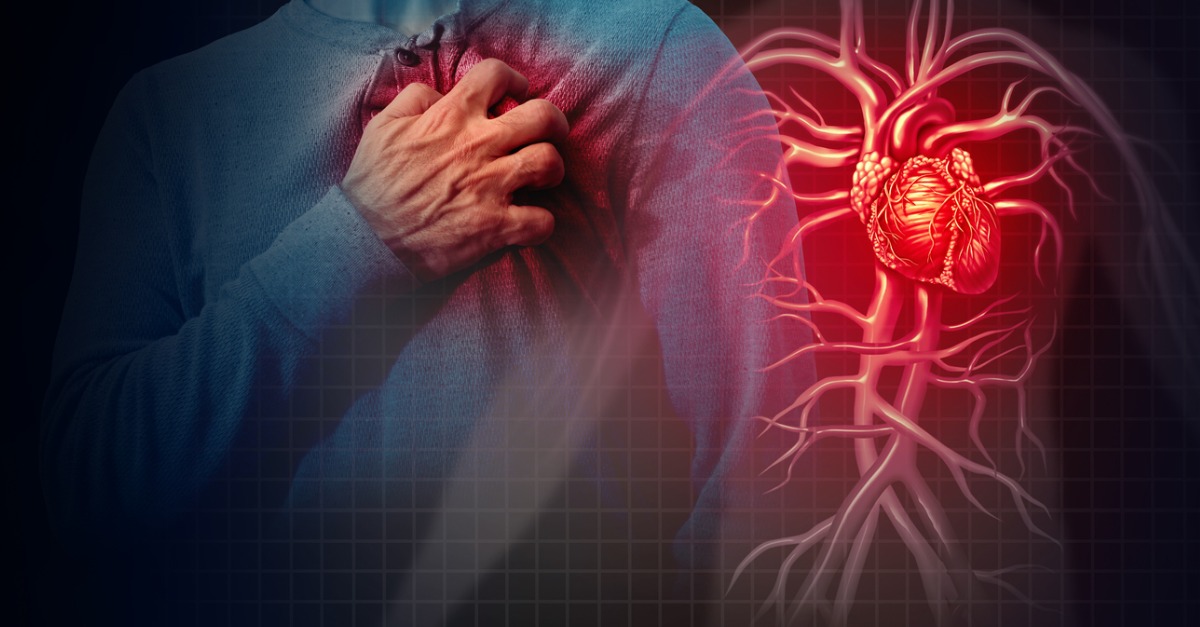- 24-Jun-24
The term "cardiovascular disease," or CVD for short, is wide and includes a variety of disorders that affect the heart and blood arteries. Heart attacks, strokes, and other cardiovascular-related illnesses are among the many health problems that can result from these conditions. Heart failure, hypertension (high blood pressure), peripheral artery disease, and coronary artery disease are a few prevalent cardiovascular illnesses.
These conditions can cause fatty deposits, or plaque, to build up in the arteries, which can impede blood flow to the heart and other parts of the body. Cardiovascular disease is a leading cause of sickness and death worldwide. Controlling risk factors such high blood pressure, high cholesterol, smoking, obesity, and a sedentary lifestyle is essential for the prevention or treatment of cardiovascular disease.
Symptoms of Cardiovascular Disease:
Depending on the exact condition, many symptoms of cardiovascular disease can appear. The following are a few typical indications and symptoms of cardiovascular disease:
- Chest Pain or Discomfort (Angina): Many people describe this as a pressure, tightness, or aching in the chest. Sometimes it can radiate to the arms, neck, jaw, or back.
- Shortness of Breath: Breathlessness can indicate lung or cardiac problems, especially when it occurs during physical exertion or when you are sleeping.
- Fatigue: Severe and inexplicable exhaustion, particularly if it occurs suddenly or is out of the ordinary for you, could indicate a cardiac condition.
- Dizziness or Fainting: Inadequate blood flow to the brain can cause lightheadedness, dizziness, or even fainting.
- Rapid or Irregular Heartbeat (Arrhythmia): An arrhythmia may manifest as palpitations, an irregular heartbeat, or a fluttering sensation in the chest.
- Swelling: Swelling, or edema, particularly in the feet, legs, ankles, or abdomen, may indicate heart failure.
- High Blood Pressure: Although hypertension is sometimes referred to as the "silent killer," it poses a serious risk for cardiovascular disease even if it may not show any symptoms.
- Nausea or Indigestion: Abdominal pain or unexplained nausea may occasionally be linked to cardiac issues.
- Cold Sweats: Cold, clammy sweats may be the cause of these symptoms, especially if they are accompanied by other symptoms.
It's important to keep in mind that some people may not show any symptoms at all, especially in the early stages of cardiovascular disease. Regular check-ups with a medical practitioner and the monitoring of risk factors (blood pressure, cholesterol, and blood sugar levels) are essential for early detection and prevention. If you experience any of these symptoms, especially if they are severe or persistent, get medical help right once.
Integrated Medical Care Hospital (IMC Hospital):
The multi-specialty IMC Hospital was founded in collaboration with DHA Lahore with the goal of revolutionising healthcare and introducing the concept of completely integrated treatment and services. You can locate the Best Infertility Specialist right here. Visit Integrated Medical Care Hospital (IMC Hospital) today and make an appointment.
Ahmad Usman (Head of Department)
MBBS, CHPE (NUMS), FCPS (Medicine), FCPS (Cardiology), FRCP (Glasgow UK), FSCCT (USA), FACC (USA), FSCAI (USA), Diplomate American Board of Cardiovascular CT
Specialities: Cardiology
Areas Of Focus: Coronary Angiography, Percutaneous Coronary Intervention (PCI), Temporary and Permanent Pacemakers (TPM/PPM), Exercise Tolerance Testing (ETT), Echocardiography, Cardiac CT, Holter monitoring, Blood Pressure Management

 Map
Map










